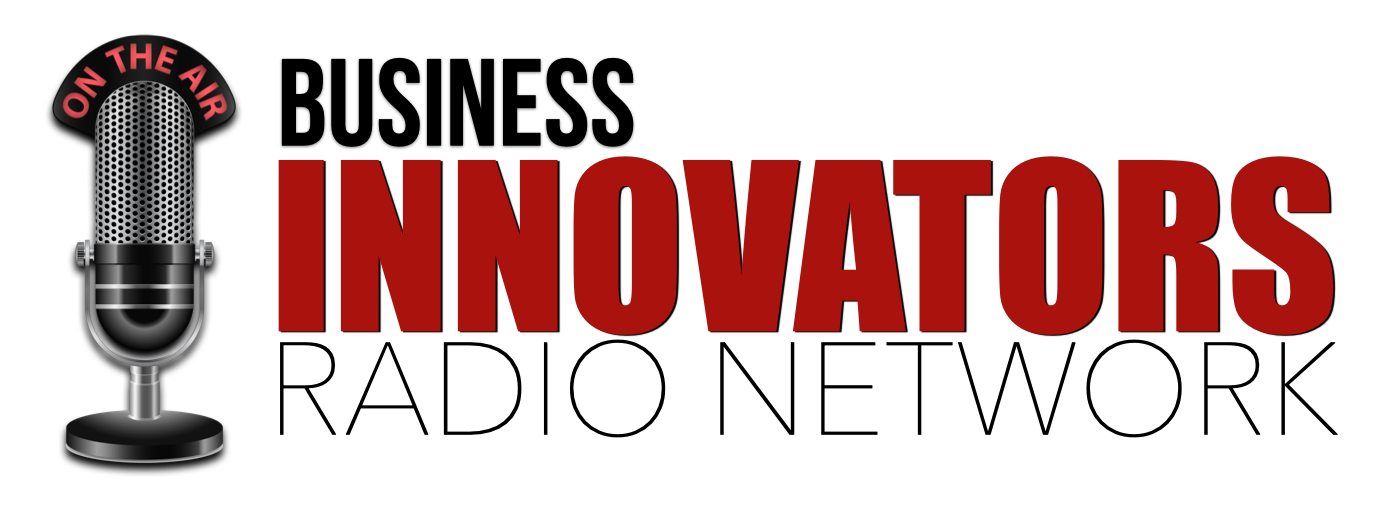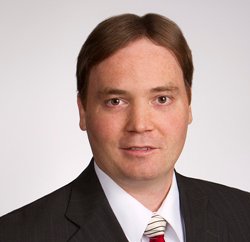The Biggest Leadership Challenge and the Innovative Solution
You may be a better leader than you think. Many people hold themselves back from leadership positions because they believe in the myth that leaders are born, not made, the myth that leaders must have forceful personalities, or the myth that people’s weak points make them unfit for leadership.
Leadership consultant Eszter Molnar Mills works with individuals and organizations to develop effective leaders. She is especially interested in working with “accidental leaders” — people who didn’t plan to become managers. In a recent interview, she had good news for potential leaders who don’t fit into outdated stereotypes of leaders:
* What led you to become a leadership consultant and to help the organizations and people you serve?
I got my start as an “accidental leader” and learned first-hand the importance of developing leadership skills. I’ve always enjoyed helping people learn to help themselves, and I became fascinated with the research coming out of positive psychology and positive organizational scholarship.
There is a saying — people don’t leave jobs, they leave bosses. The research bears this up. We spend so many of our waking hours at work. A good quality of life depends on a good quality work day.
* A lot of people think that successful leaders have to be driven and demanding, with forceful personalities. What are your thoughts?
The ideas that leaders are born and not made, that leaders have to be charismatic and able to force people to do things, are utterly flawed. This is great news for us “mere mortals.”
Research shows that the most effective leadership behaviors are positive ones — behaviors we may think of as “virtuous.” Examples are creating and showing trust, empowering other people, and extending forgiveness, instead of creating a culture of blame.
* What’s the biggest leadership problem you see in organizations?
Many organizations promote employees based on their past non-managerial experience instead of their leadership potential. It’s common to assume that if someone is good at their job, they will automatically become a good manager, so organizations tend to pick the best professional on a team and promote them into management. However, being good at your “day job” and being a good manager require very different skillsets.
The problem is compounded when organizations focus on employees’ weaknesses instead of their strengths.
* Why do you think the problem hasn’t been solved?
It’s hard for organizations to judge who will be good leaders. Even individual entrepreneurs may not be able to predict if they would be good leaders. In addition, new managers often don’t want to admit that they are struggling with their new roles. They mistakenly believe they should automatically know how to be leaders. They would be better off looking at leadership as a set of skills and behaviors they can develop.
* How did you innovate and solve this leadership issue?
We help organizations, teams, and individuals focus on strengths, instead of weaknesses. We help leaders identify their own strengths and learn how to leverage them. We also help them harness the strengths of their team. When they identify a weakness, we encourage them to partner with someone who is strong in the area where they are weak. Microsoft is a great example of a company that has become successful by hiring people based on complementary strengths.
In Conclusion
The research that informs Eszter’s work provides encouragement for people who don’t see themselves as “natural born” leaders or as intimidating autocrats. The evidence shows that leadership is a learnable skill, and that positive behaviors are the most effective for employee satisfaction, customer retention and the organization’s bottom line.
Learn more about Eszter and Formium solutions to get more out of your team by visiting here: http://LeadershipQualification.com/yourgift
Clint Evans
Recent episodes from Clint Evans (see all)
- Byron Walston: How Employer Flexible Innovates to Solve Small Business Employee Problems and Brings Costco Style Savings to Employee Benefits - March 1, 2017
- Publisher Lisa Akoury-Ross Shares Her Over 25 Years of Insights in Publishing and What “Professional Self-Publishing” Actually Is - February 8, 2016
- Eszter Molnar-Mills: Managers to Leaders - September 18, 2015


